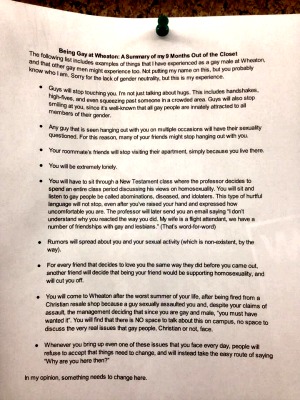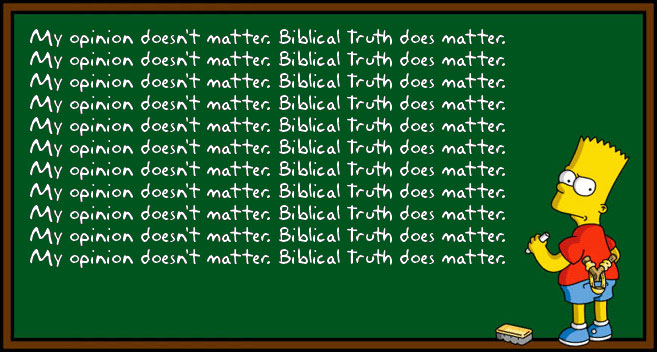While there’s plenty to discuss about what was (or wasn’t) said during the Ham/Nye debate, I think the crux of the whole affair comes down to how one understands science.
The foundation of Mr. Ham’s argument is his distinction between what he calls historical and observational science:
There’s experimental or observational science as we call it, that’s using the scientific method: observation, measurement, experiment, testing … all scientists, whether creationists or evolutionists actually have the same observational or experimental science … When we’re talking about origins, we’re talking about the past, we’re talking about our origin, we weren’t there, you can’t observe that, whether it’s molecules-to-man evolution or whether it’s the creation account. And when we’re talking about the past, we like to call that origins or historical science, knowledge concerning the past.
For Mr. Ham, this differentiation between past and present methodologies has profound implications:
You can’t observe the age of the earth, and I would say that comes under what we call historical origins science. Now, just so you can understand where I’m coming from, yes, we admit we build our historical origins science on the Bible … There’s only one infallible dating method, it’s the witness who was there, who knows everything, who told us, and that’s from the word of God.
But differentiating between observational and historical science is a contrived manipulation that bisects science in a way… [Read more…] about Did the Ham/Nye debate really happen?







